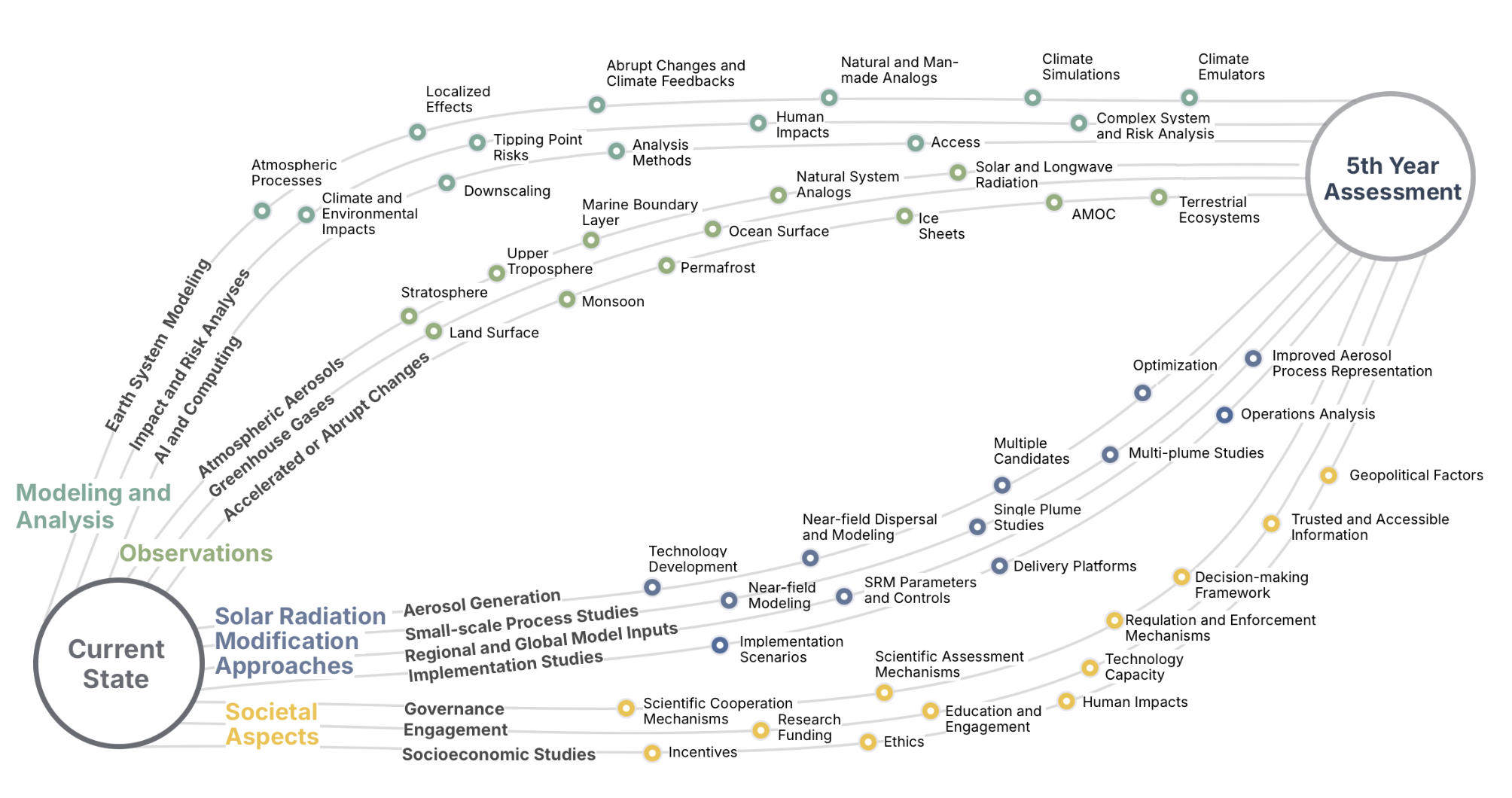
Insights
Featured
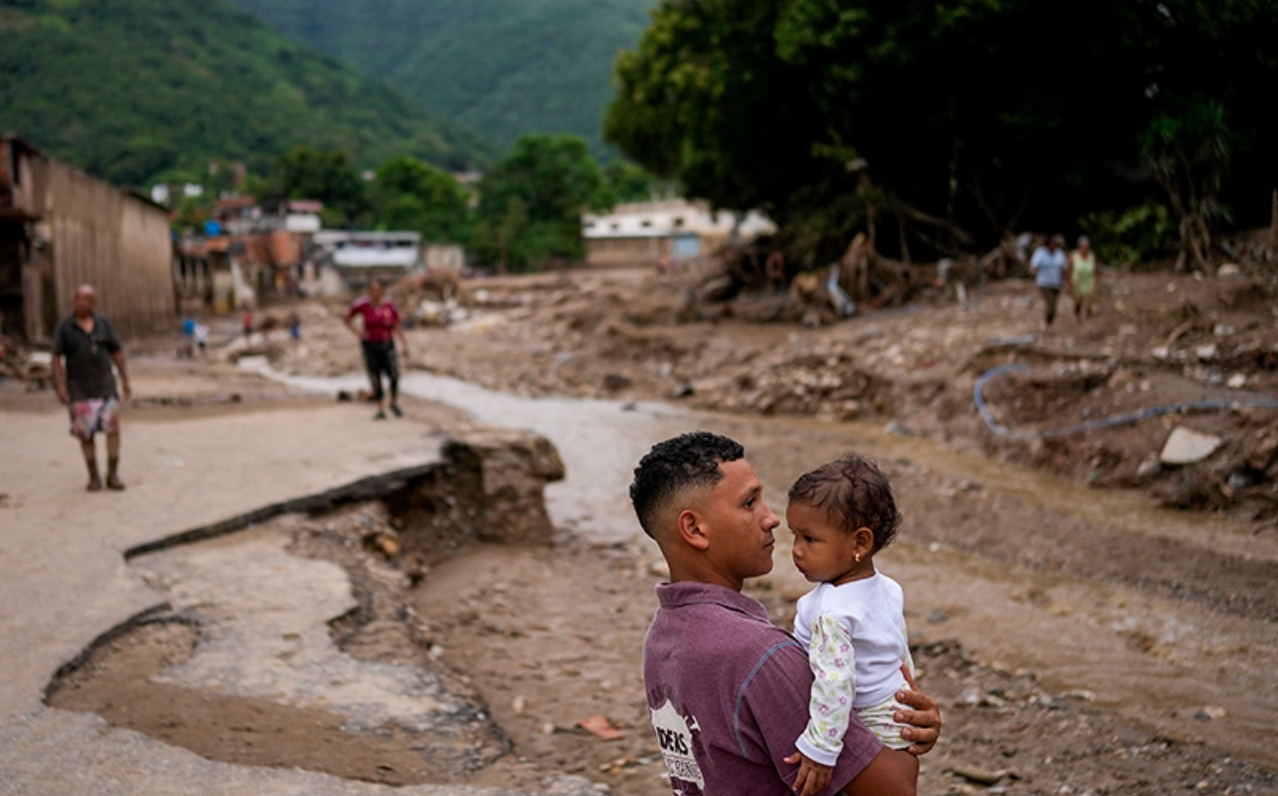
Climate intervention research: An insurance policy for near-term climate risks
Climate change is one of the most critical challenges facing humanity. It currently presents an overwhelming disaster risk for which we currently lack sufficient responses.
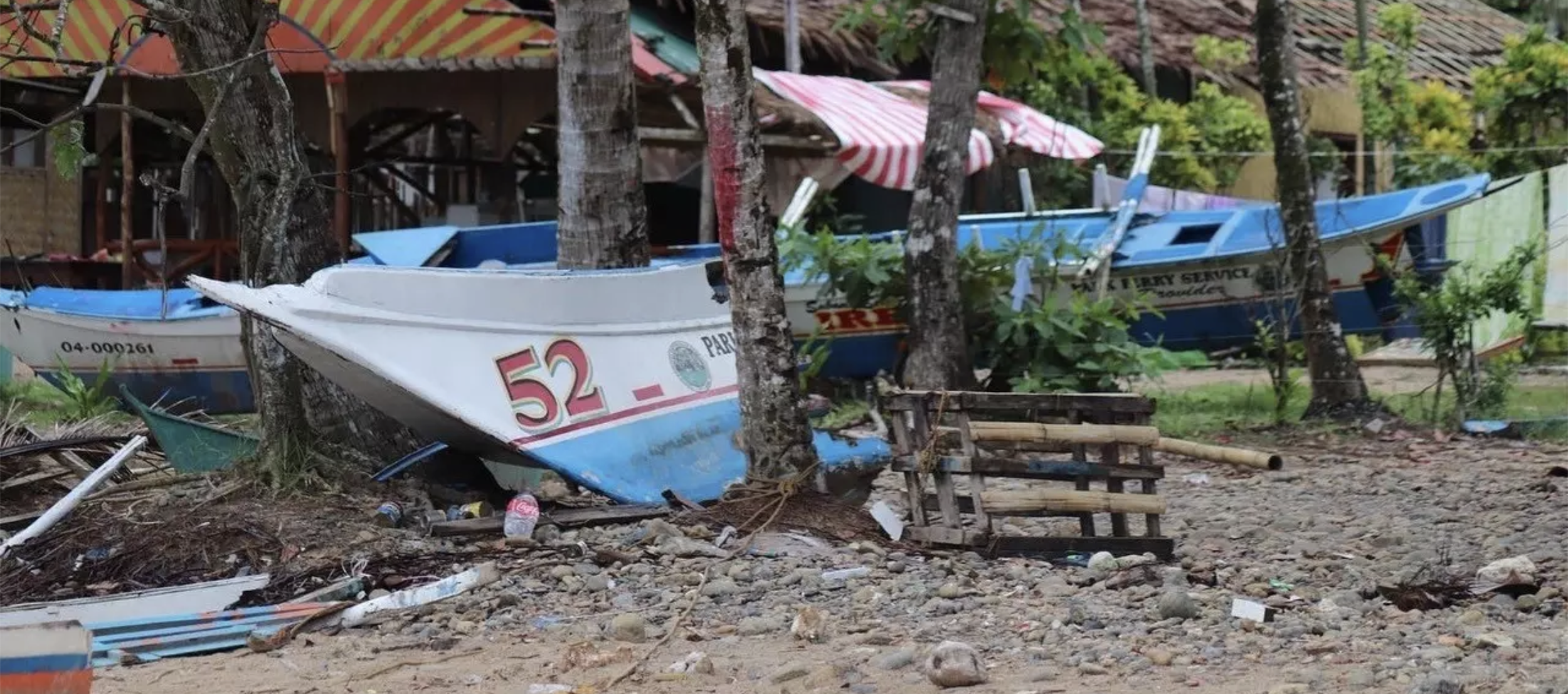
Climate intervention: an option for Global South to reduce near-term climate risk?
With nearly 36.3 billion tonnes of CO2 estimated to have been released into the atmosphere in 2021 alone, it came as no surprise the Intergovernmental Panel on Climate Change’s latest synthesis report on climate science projected that the earth’s surface temperature will increase over the current century under all assessed emission scenarios.
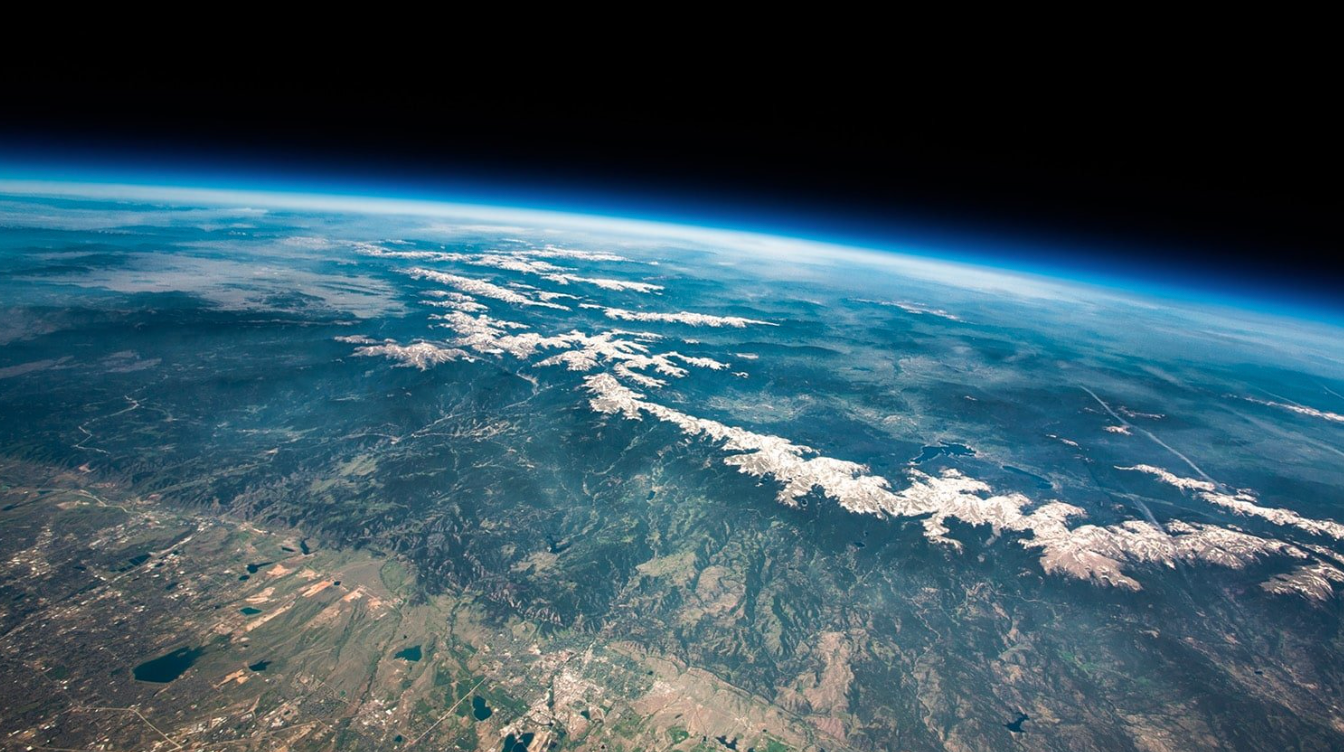
Beyond “Geoengineering” to Emergency Medicine for Climate
Sixty years ago, President Lyndon Johnson’s Science Advisory Committee sent him a report on restoring the quality of our environment. It projected – with remarkable accuracy – the effects of rising carbon dioxide levels in the atmosphere.

Reflecting Sunlight Could Ensure Human Safety on a Warming Planet
Earth has a 50-50 chance of warming 1.5 degrees Celsius above pre-industrial levels in the next five years, according to a new report from the World Meteorological Organization.

Council on Foreign Relations: Reflecting Sunlight to Reduce Climate Risk: Priorities for Research and Global Cooperation
As you may have seen in the news, the U.N. Office for Disaster Risk Reduction’s recent global assessment report found that human activity is driving an increase in medium- to large-scale disasters, many of which are fueled by climate.

Council on Foreign Relations: The Growing Risk of Climate "Tipping Points" (Scientific Evidence and Policy Responses)
As you may have seen in the news, recent studies indicate a heightened risk that major natural systems are approaching thresholds for rapid, potentially irreversible changes with catastrophic impacts on people and climate.
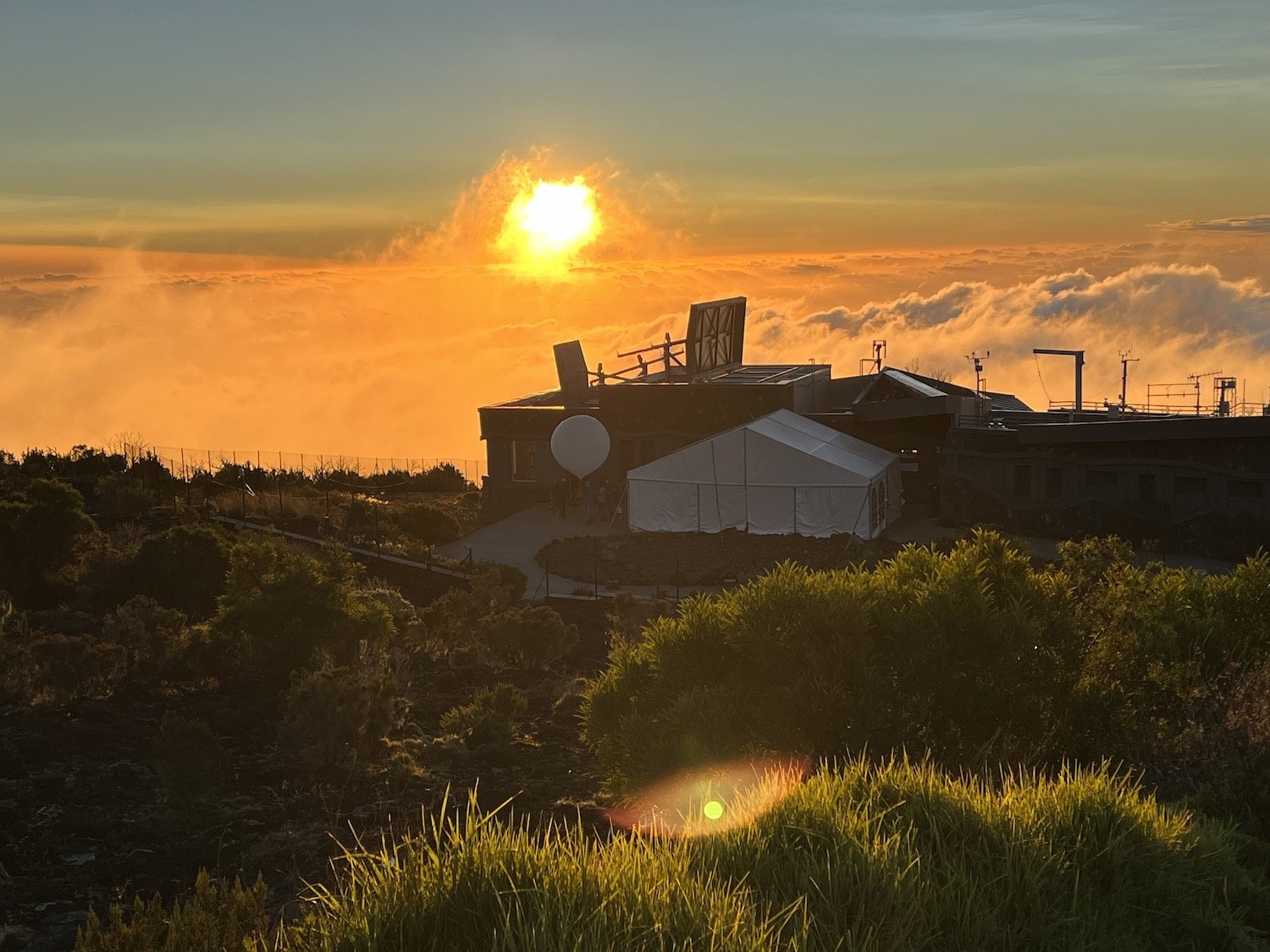
Rapid Response Campaign for Observations of Tonga Volcano Emissions
The recent eruption of the Hunga volcano in Tonga is a rare volcanic event in which material was projected high into the atmosphere in a way that serves as a natural experiment for understanding the primary processes and effects of material released into the upper atmosphere (the stratosphere).
SilverLining Unveils Interactive Roadmap for Research and to Advance Understanding of Near-Term Climate Risk and Intervention. The 5-year digital roadmap includes ambitious improvements to climate observations and models and study of a portfolio of rapid interventions.
Rapid and effective reporting, regulation and enforcement for weather modification and climate intervention activities would be best achieved in a structure in which the National Oceanic and Atmospheric Administration (NOAA) provides research and analysis of weather and climate impacts in support of a program of registration, permitting and enforcement by the Environmental Protection Agency (EPA). To achieve this, NOAA should expand relevant research and, with EPA, collaborate in the design of relevant processes. Within this, to support critical research, small-scale emissive research studies should be supported and exempted from permitting requirements for impact-scale activities.
Marine cloud brightening (MCB) is a promising approach to reducing near-term climate impacts and risks by dispersing sea salt particles (aerosols) into low marine clouds to make them reflect slightly more sunlight back into space to cool the climate.

